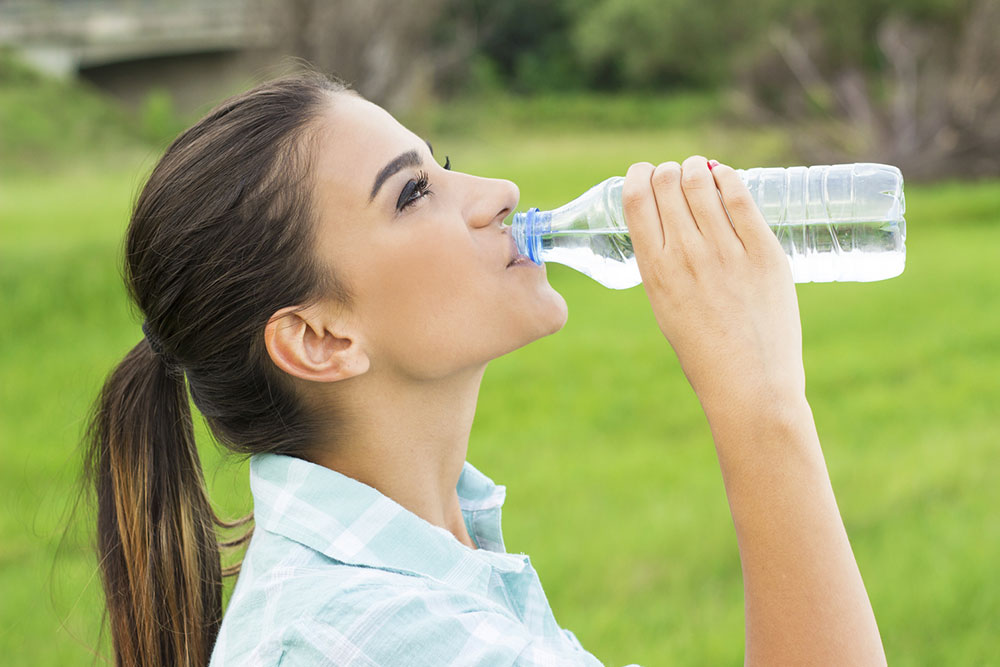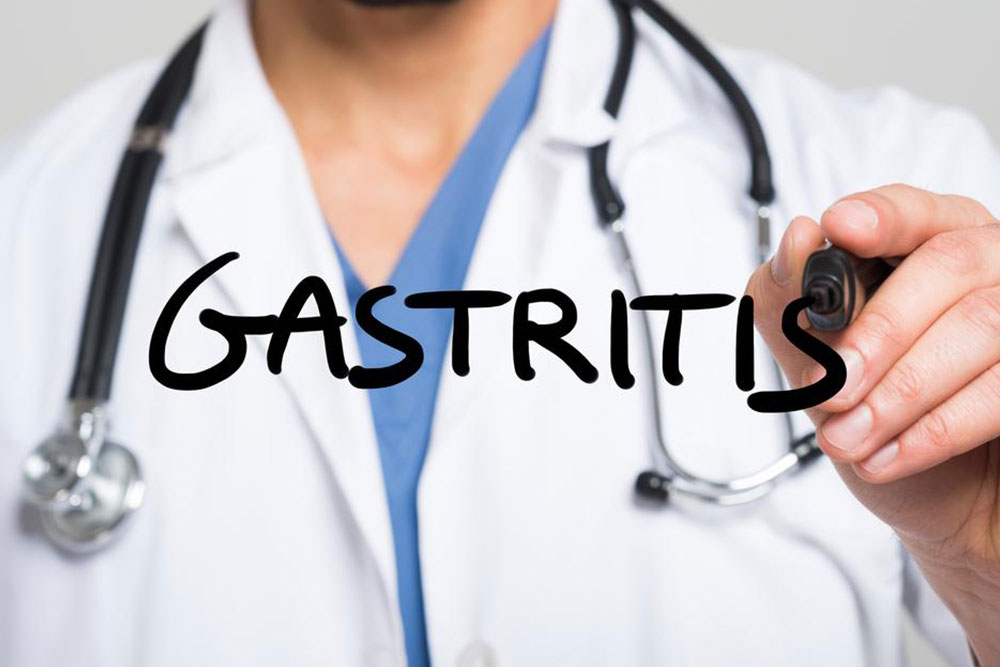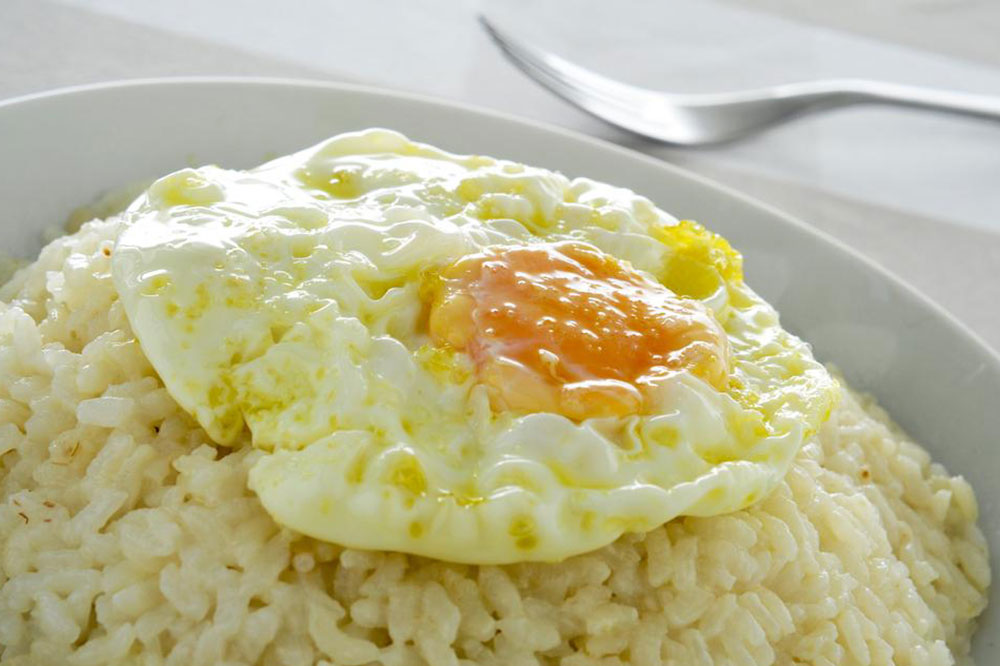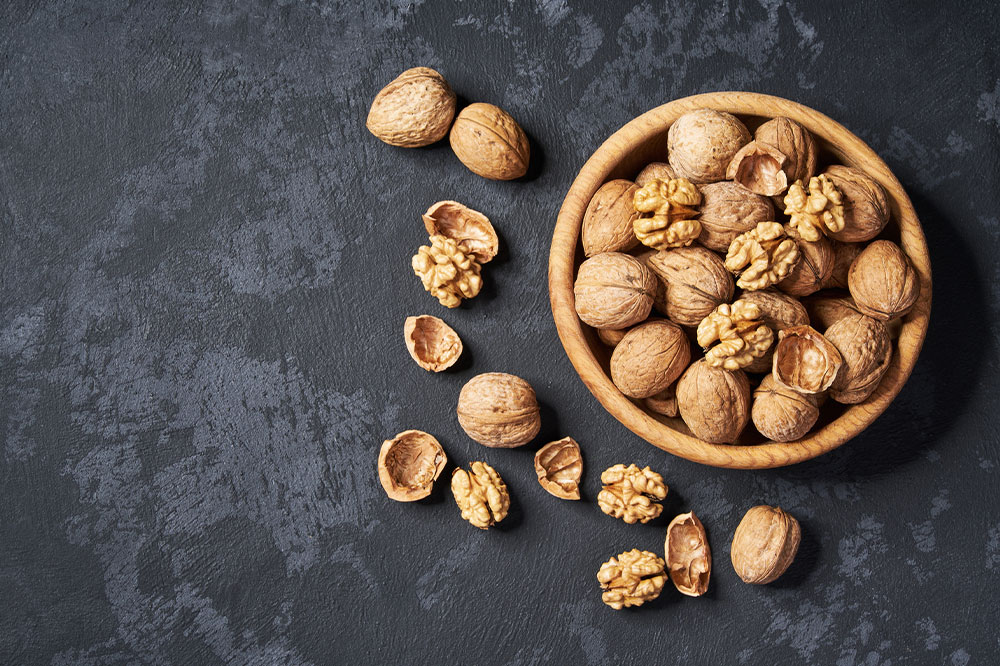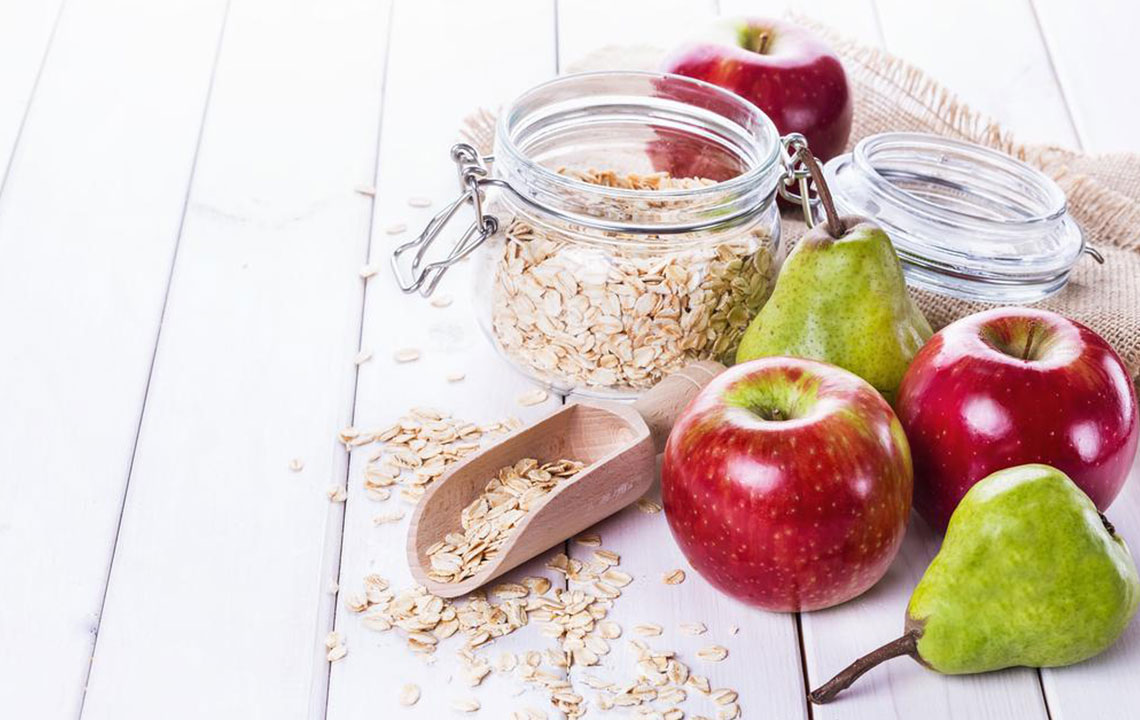Effective Dietary Strategies for Managing Gastritis: Foods to Embrace and Avoid
Discover comprehensive dietary strategies to manage gastritis effectively. Learn which foods to include like honey, broccoli, garlic, and probiotics, and which to avoid, such as fried foods, citrus, and caffeine. This guide offers practical tips for alleviating symptoms, promoting healing, and maintaining gastrointestinal health through natural and dietary interventions. Protect your stomach and improve your quality of life with these expert-approved gastritis management tips.

Comprehensive Dietary Guidelines for Gastritis Relief
Key Foods to Incorporate or Eliminate for Effective Gastritis Management Gastritis is a condition characterized by inflammation or damage to the lining of the stomach. It can result from various causes, including autoimmune responses, excessive alcohol consumption, prolonged use of certain medications, or bacterial infections like Helicobacter pylori (H.pylori). This condition often manifests through symptoms such as persistent nausea, bloating, indigestion, abdominal discomfort, and in some cases, bleeding. Studies indicate that approximately 30% to 35% of adults in many regions experience some form of gastritis during their lifetime. Fortunately, with appropriate dietary modifications and lifestyle changes, managing and alleviating symptoms is entirely feasible.
While antacids and other medications are commonly prescribed to control gastritis symptoms, many individuals find substantial relief through natural home remedies and mindful dietary choices. Implementing a diet rich in anti-inflammatory foods, probiotics, and certain vegetables can significantly support the healing process. Conversely, avoiding foods that irritate the stomach lining or stimulate acid production can prevent symptom exacerbation and promote swift recovery.
Foods That Promote Gastritis Healing and Recovery
Honey
Honey is renowned for its potent anti-inflammatory and antimicrobial properties. It has been used traditionally to soothe sore throats and wounds, and recent studies indicate it may help combat H.pylori bacteria, a common culprit behind gastritis. Consuming a teaspoon of raw honey daily, or adding honey to herbal teas and spreads, can support your digestion and reduce inflammation.
Broccoli and Broccoli Sprouts
Consuming broccoli in various forms—raw, steamed, or roasted—provides essential nutrients that contribute to gastric health. Broccoli is rich in sulforaphane, a natural compound with potent antibacterial properties effective against H.pylori infections. Broccoli sprouts, in particular, contain up to 50 times more sulforaphane than mature broccoli florets, making them an outstanding addition to a gastritis-friendly diet. If fresh broccoli isn't available, sulforaphane supplements derived from broccoli sprouts can also be considered to harness its medicinal benefits.
Allicin-rich Garlic
Garlic is celebrated for its strong antimicrobial and anti-inflammatory qualities. Its active component, allicin, can inhibit the growth of H.pylori bacteria, making it a valuable food for those battling gastritis. Incorporating crushed garlic into meals or taking aged garlic extract supplements can boost your body's ability to fight the infection and reduce stomach inflammation.
Probiotic-rich Foods
Support your gut health by including probiotic-rich foods such as yogurt, kefir, kimchi, sauerkraut, and sourdough bread. These foods help restore and maintain a healthy balance of gut bacteria, which is essential for healing the inflamed stomach lining. Probiotics can also reduce the severity of symptoms and protect against future infections.
Foods to Steer Clear Of During Gastritis Treatment
High-fat and Fried Foods
Fried foods, fast food, processed meats, and other high-fat items can trigger increased stomach acid production and exacerbate inflammation. Reducing intake of these foods can prevent flare-ups and promote healing.
Dairy Products (Except Yogurt)
While natural yogurt can be soothing and beneficial due to its probiotic content, other dairy products like full-fat milk, cheese, and cream might worsen symptoms by promoting acid reflux and irritating the stomach lining. Opt for low-fat or dairy alternatives when possible.
Citrus Fruits
Fruits such as oranges, lemons, grapefruits, and limes are high in acids that can irritate the stomach lining, causing increased discomfort and reflux. It is advisable to avoid or limit citrus consumption during active gastritis episodes.
Carbonated Beverages, Caffeinated, and Alcoholic Drinks
Sodas, energy drinks, coffee, tea containing caffeine, and alcoholic beverages are known to irritate the gastrointestinal tract, increase acid production, and delay healing. Eliminating these drinks during treatment can significantly improve symptoms.
In conclusion, managing gastritis effectively involves a combination of diet modifications, lifestyle adjustments, and, when necessary, medical assistance. Emphasizing anti-inflammatory foods, maintaining a balanced gut microbiome through probiotics, and avoiding irritants can significantly reduce symptoms and accelerate the healing process. Remember to consult a healthcare professional before making significant dietary changes, especially if you have underlying health conditions or severe symptoms. By adopting these dietary strategies, individuals suffering from gastritis can experience relief, improve their digestive health, and restore comfort in their daily lives.
